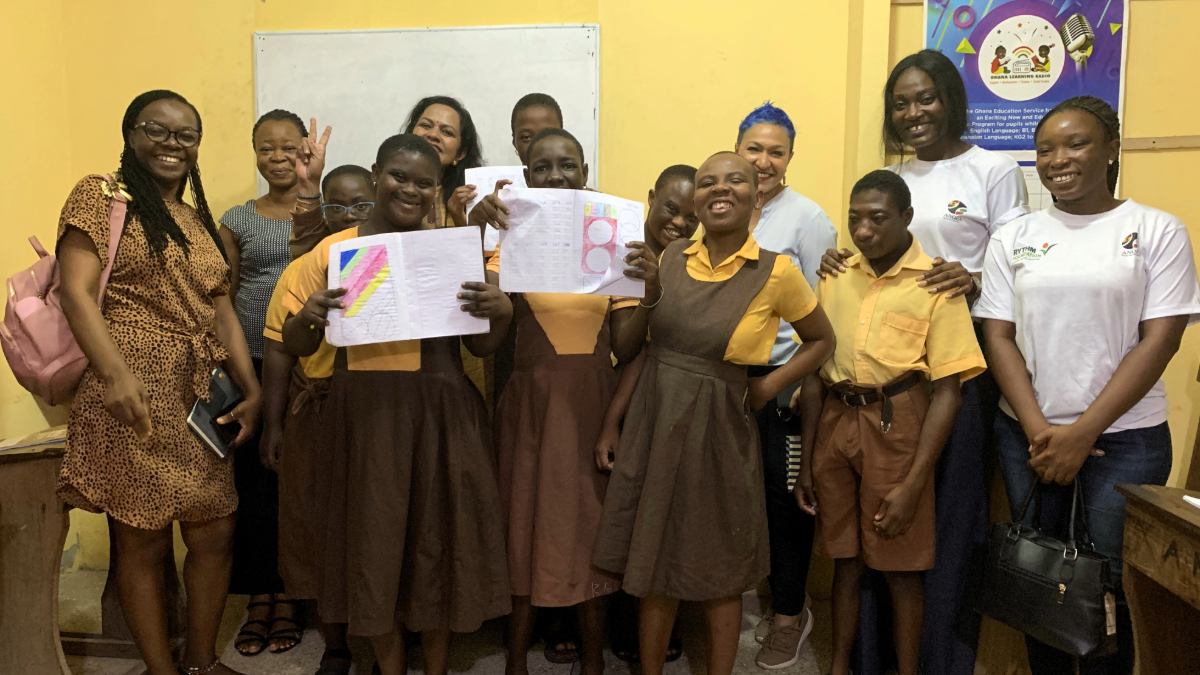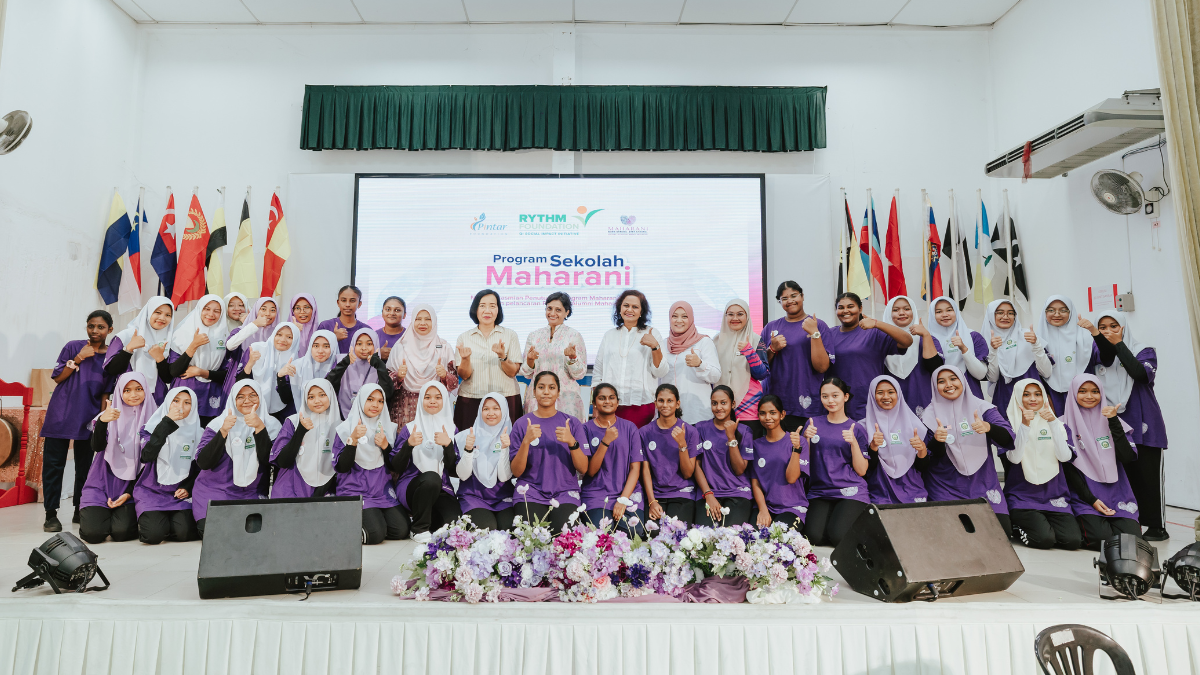In 2020, RYTHM Foundation formed a dynamic partnership with Ghana’s The ANOPA Project (ANOPA), igniting a collaboration that has catalysed remarkable transformations in the lives of young people with disabilities.
For instance, we have seen children who were once isolated due to their disabilities now actively participating in sports and educational activities, gaining confidence and social skills.
Through our collaborative approach – incorporating sports, educational support services, enrollment in special needs schools, and vocational training – many beneficiaries are now not just equipped but empowered with the essential resources to thrive.
Building on this success, our partnership, with RYTHM providing financial support and ANOPA contributing their expertise in inclusive education, has expanded to two new inclusive schools. This development brings hope and empowerment to more children and continues the positive transformation that started at Cape Coast’s Ghana National Inclusive School (GNIS).
The new schools are the Aboom School for Special Needs in Cape Coast and the Dzorwulu Special School in Accra, catering to students with hearing, cognitive, and sensory impairments.
“The expansion signifies our dedication to reaching every child, providing essential resources, support, and training that opens doors to future opportunities,” said Santhi Periasamy, the Head of RYTHM Foundation.
ANOPA’s innovative use of sports for personal growth, gender equality, peacebuilding, and cultivating crucial soft and social skills has significantly enhanced our collaborative efforts.
The partnership strives to create inclusive environments where interactions between individuals, regardless of ability, are not just a rarity but a norm – setting a new standard for our shared goal of societal inclusivity and understanding.
The GNIS is a testament to our partnership’s tangible achievements. This project successfully enrolled 707 children, sensitised 683 parents and peers, and identified 14 promising swimmers ready for international competition.
It also significantly advanced inclusivity by integrating children with hearing and visual disabilities, reducing stigma and fostering personal development.
New Inclusive School Initiatives
The critical initiatives slated to begin at Aboom and Dzorwulu include identifying and enrolling more students, offering educational support through resources like books, stationery, and uniforms, and providing vocational training in beading, soap-making, and gardening.

The programme’s unified sports component, as implemented at GNIS, utilises a variety of sports to foster harmony and promote inclusivity among children with disabilities and their peers. Considering the prevalence of bullying in these environments, this element also aims to foster cooperation instead of solely focusing on competitive training.
“By engaging children with and without disabilities in various activities, the project creates a harmonious environment emphasising teamwork over competition, ensuring every child feels valued and included,” Santhi noted.
In the realm of inclusive education and social progress, the collaboration between RYTHM and ANOPA represents a pragmatic approach to addressing complex challenges. The joint effort departs from conventional methods, showcasing how pooling resources and expertise can yield tangible outcomes.






